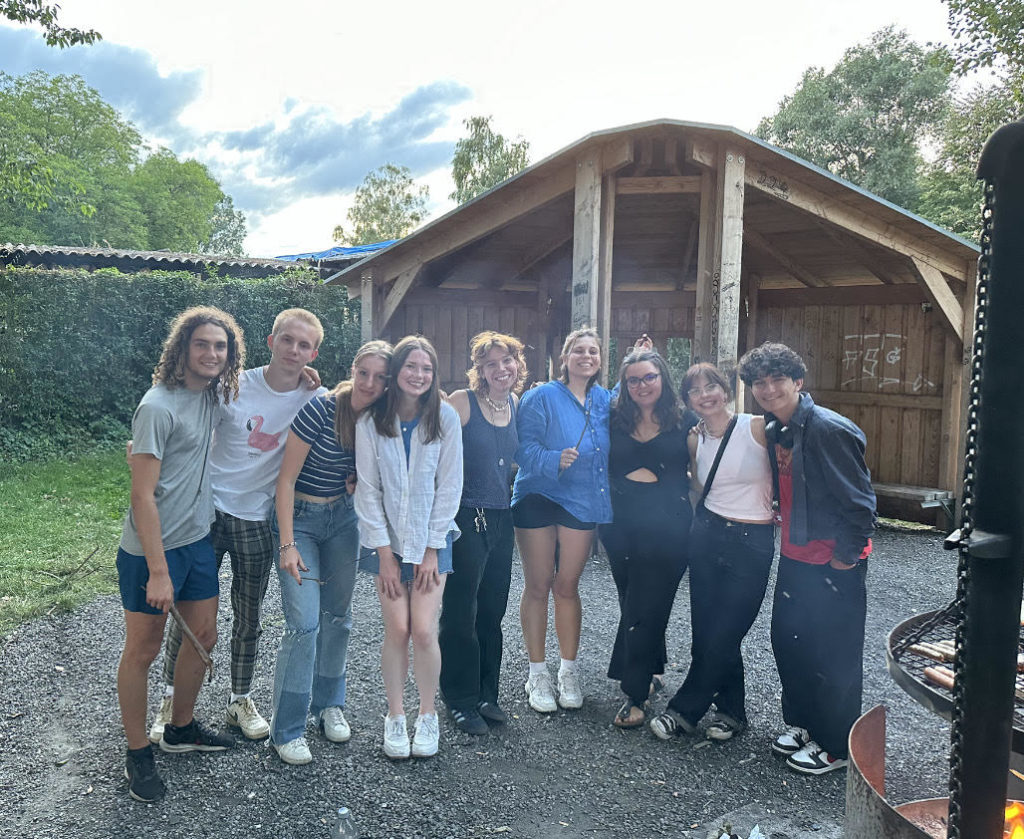
One cultural difference I noticed almost immediately upon arriving in Germany was how much more cash is used here. If I’m in the grocery store and have to pay with a card, I have to let the cashier know. While this may seem like a very small difference between the U.S. and Germany, it took a while for me to get used to. I don’t often carry much cash on me at home (if any), because in every store or restaurant I go to in America, it is assumed that people will pay with a credit card. In Germany, it’s not incredibly uncommon for a restaurant or shop to only accept cash.
It was surprising to me that the types of payment people use most frequently are opposite from where I live. I think this difference stuck out to me because it felt scary at first to have more cash with me. I had a conversation with another American student about this fear and we concluded that our culture has probably taught us that a credit card is safer to carry around. Unlike cash, money stolen by the use of a credit card is easily traceable. Talking through this cultural difference with my friend helped me to better understand why this change of payment type was such an adjustment for me.


